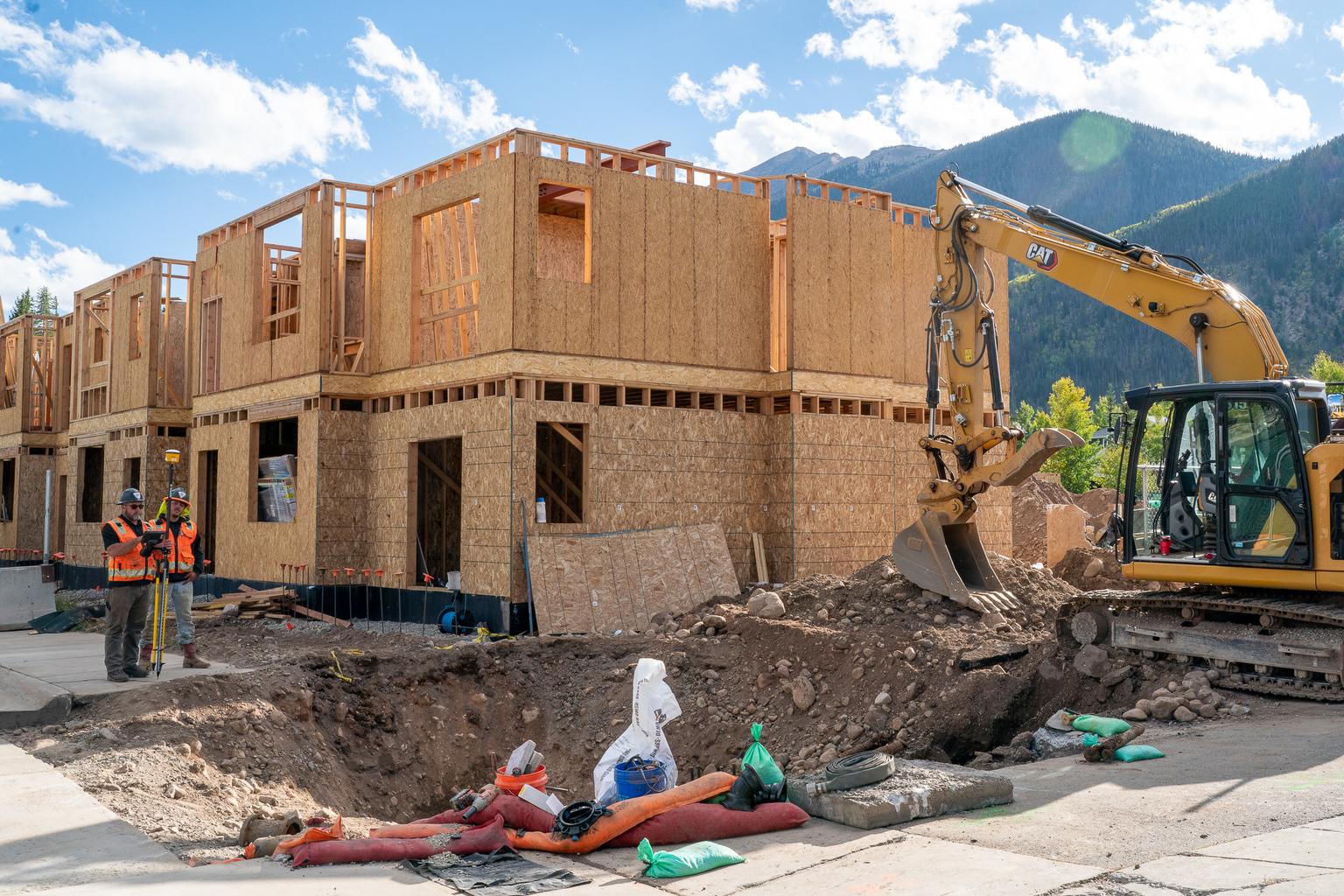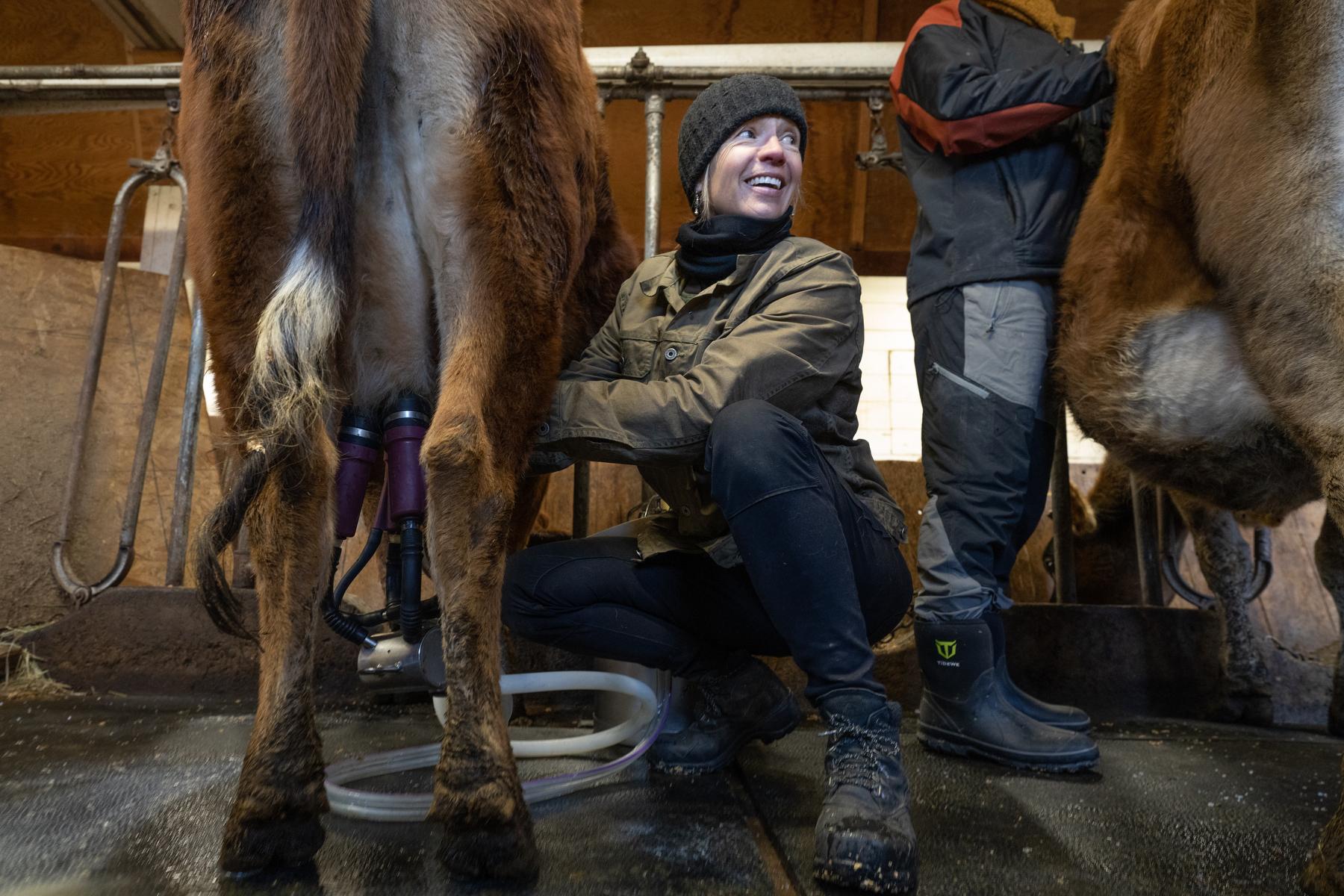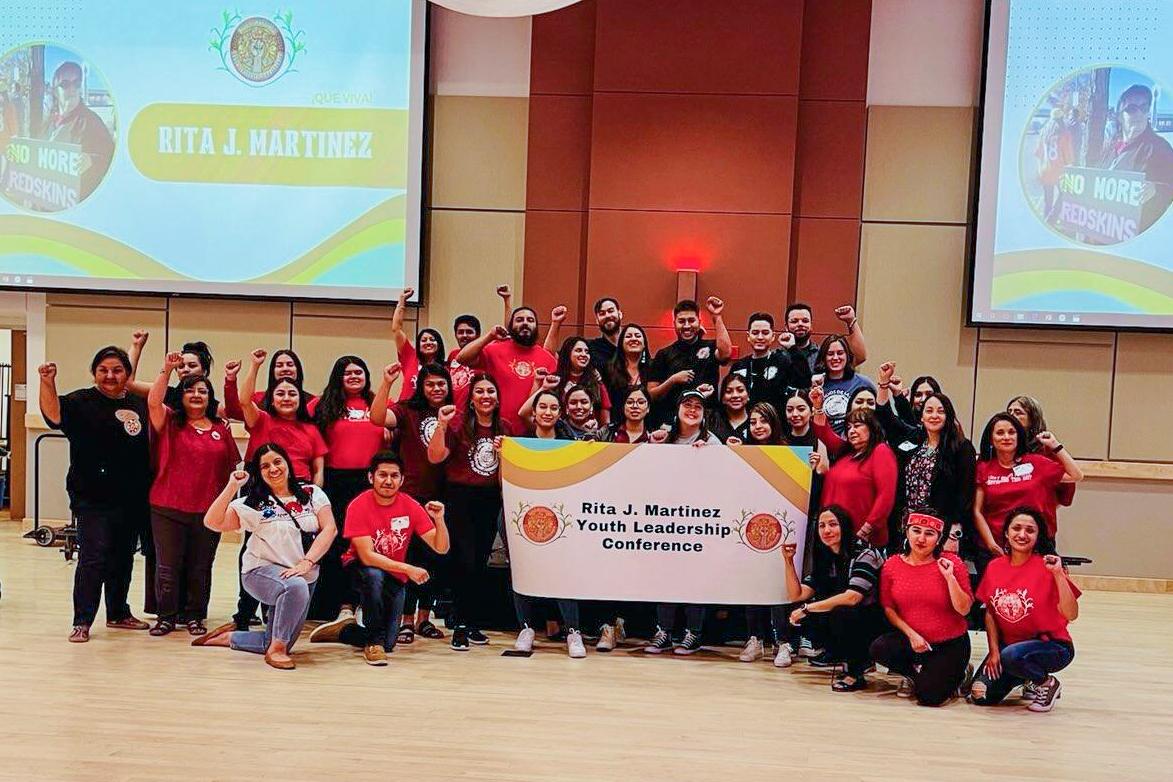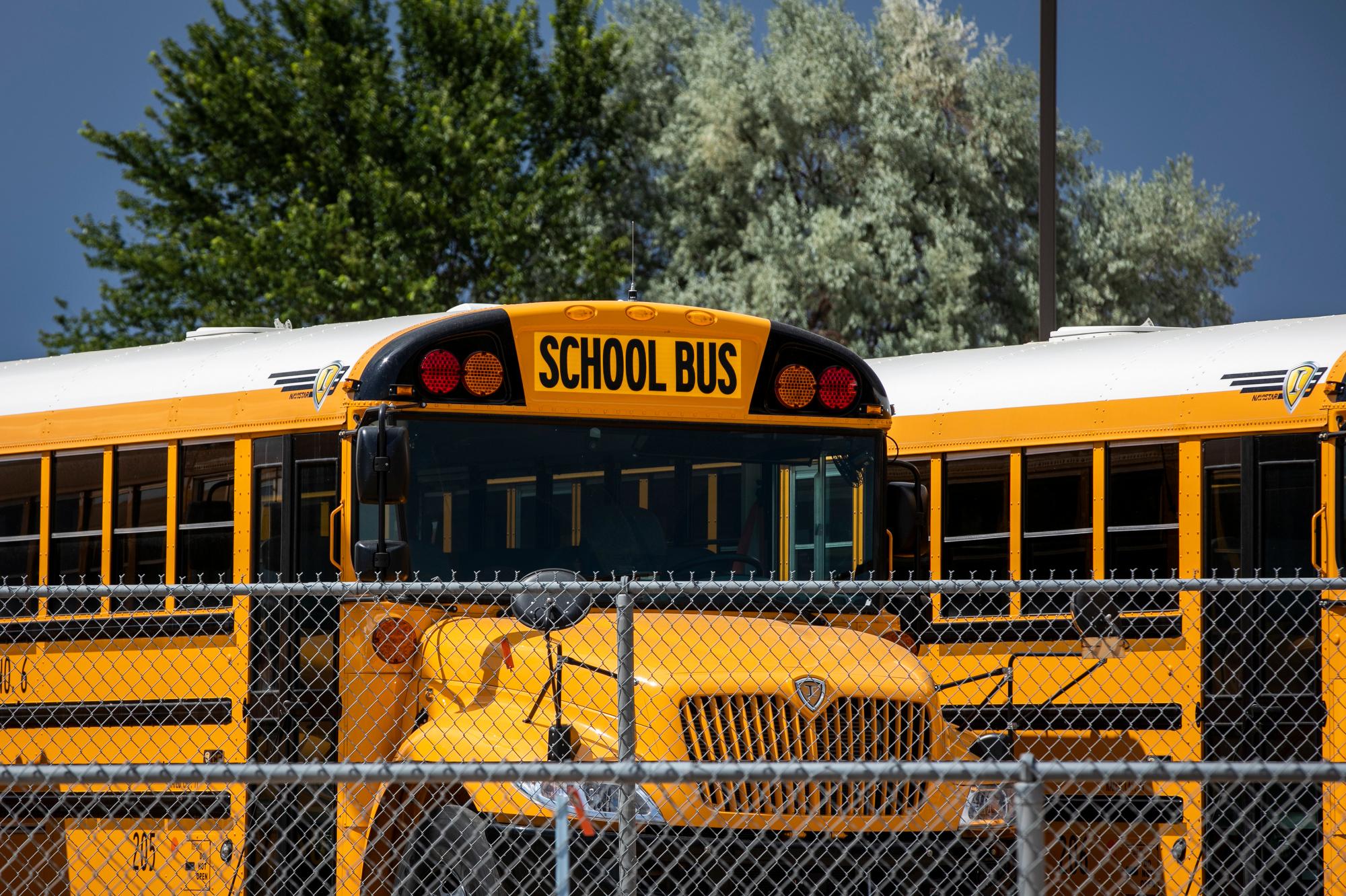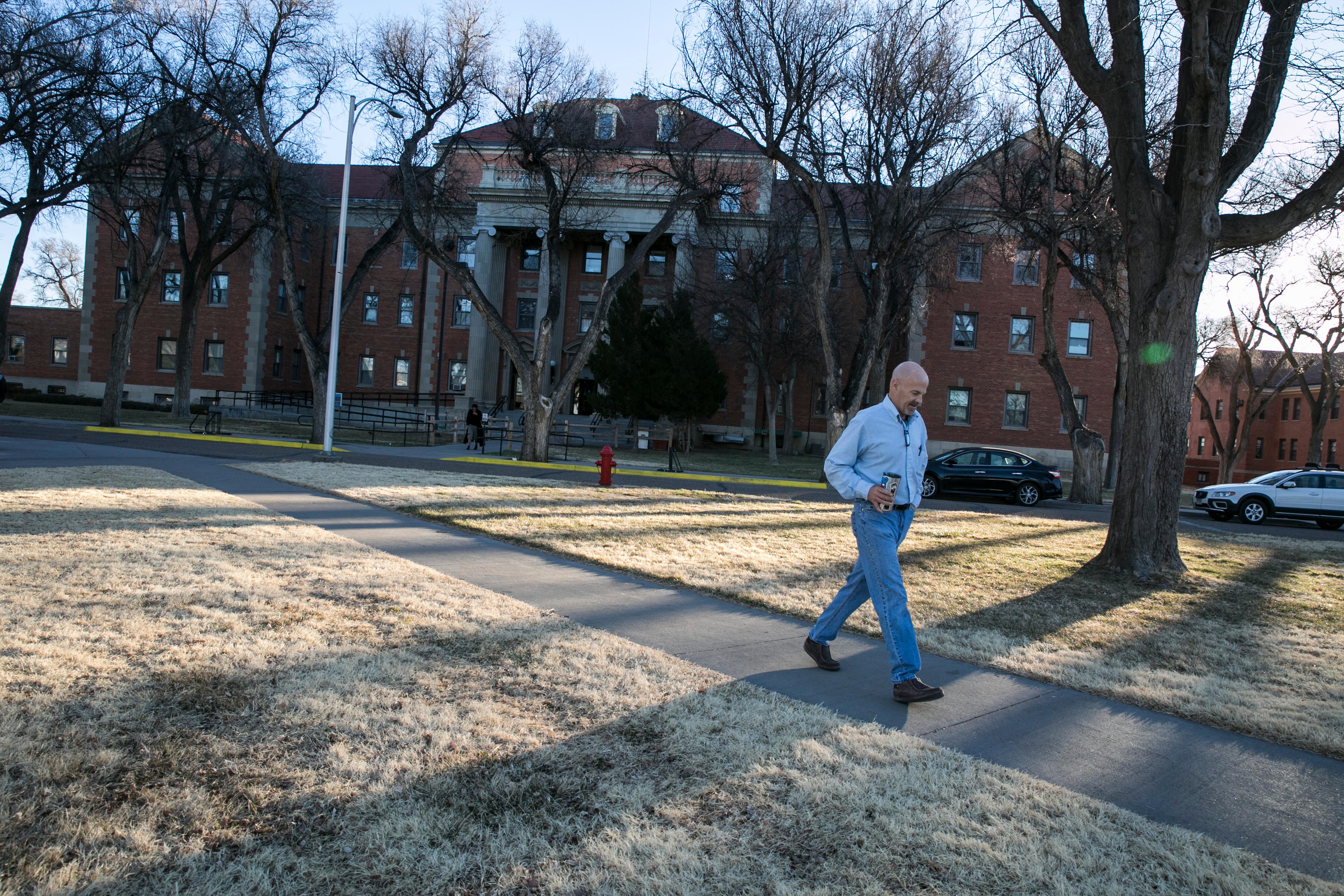
A new state audit out this week sheds light on the effectiveness of a unique program for homeless people dealing with addiction.
The Fort Lyon Supportive Residential Community Program opened five years ago, and has bused hundreds of people to a serene campus east of Pueblo. Residents aren't required to enter treatment, but aren't allowed to use substances on site. It's an unusual approach, and many legislators on both sides of the aisle were skeptical it would work.
But the new 184-page audit shows that nearly 50 percent of participants got permanent housing when they left Fort Lyon, and another 29 percent moved into transitional housing.
"Without this program, those individuals would be on the streets, be in our emergency rooms, using jails and detox services," said Cathy Alderman, a vice president at Colorado Commission for the Homeless, which runs Fort Lyon. "Instead, we are giving them the opportunity to recover."
Other key findings from the report:
- The average annual cost from FY 2014-2017 was about $18,800
- The severity of drug and alcohol use among participants was not a significant predictor of whether one would complete the program
- Fort Lyon generated 119 jobs and $10 million in economic activity in 2015-16
The report also compared outcomes at Fort Lyon to those three other similar programs: Harvest Farm, Central City Concern, and Sobriety House.
| Fort Lyon | Harvest Farm | Central City Concern | Sobriety House | |
|---|---|---|---|---|
| % Participants Completing Program | 39.7% (Complete personalized goals) | 17.0% (Complete five phases) | 72% (Complete personalized goals) | 98.0% (Reduced Drinking after 28 days) |
| Average Length of Stay | 220 Days | 210 Days | 240 Days | 24 days (28-day program) |
| % Participants Acquiring Housing Upon Exit | 38.6% | N/A | 67% | N/A |
| Average Cost per participant for a full year | $18,000 | $26,706 | $19,788 | $30,560 |
“I’m encouraged by the initial findings from the report," Senate Minority Leader Leroy Garcia said in a statement. He was one of the first legislators to push for the Fort Lyon program. "It’s clear that our vision for helping veterans and those struggling with substance abuse to reintegrate is having a positive impact on Colorado."
Republican leaders are still critical of the program, and plan to discuss Fort Lyon's future and funding during the next legislative session.
"It's something we're going to have to delve into more," said Sen. Tim Neville, R-Littleton. "The taxpayers of Colorado are really going to have to take a look, a hard look, at this program and identify whether it has the true cost-benefit."
Alderman said her group will be ready to make its case to the legislature.
"We are obviously very proud of the program," she said. "We see it as having great success and impact on peoples' lives."

